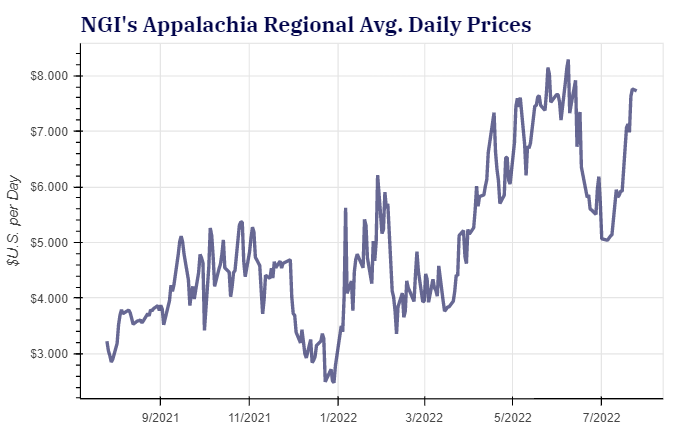The top executive of Range Resources Corp., one of the largest natural gas producers in the United States, said again on Tuesday that not enough is being done by the country to ease the global energy crisis.
“Energy policy will need to be rooted in market realities,” said CEO Jeff Ventura. “If infrastructure projects, mainly pipelines and LNG terminals, are not prioritized and given reasonable regulatory reviews, then I believe it’s simply impossible to meet the growing global demand for reliable, safe and affordable fuels.”
Ventura said unwarranted permitting delays, adverse policy decisions and the global push for more renewable energy have resulted in underinvestment in the oil and gas sector, helping to stifle domestic gas supplies and inflate energy costs...



